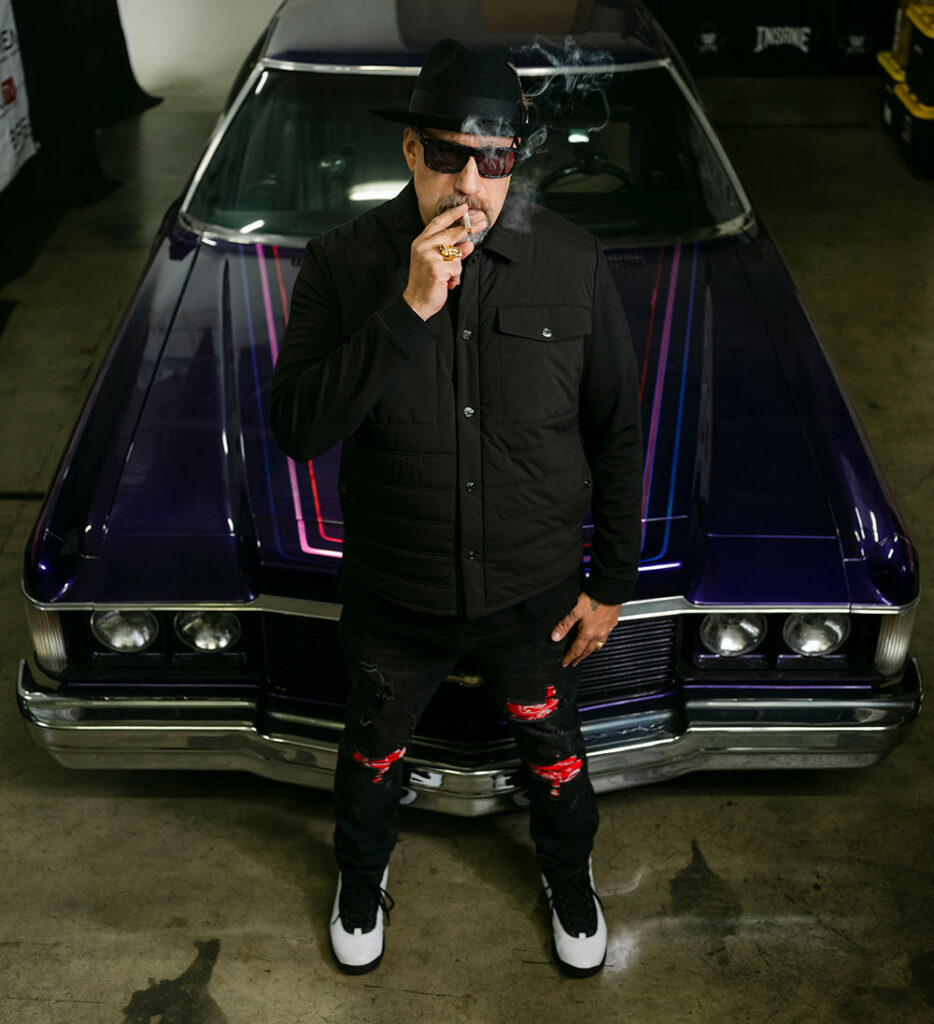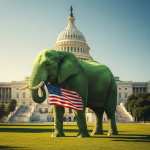
 If you were a teenager in the 1990s, like I was, you’ll remember the struggle of trying to score weed during the anti-weed prohibition era. It wasn’t just about finding a dealer, it was about proving that you were discreet and giving off a certain low-key “you’re alright, kid” vibe. Back then, being a cannabis enthusiast meant something. But times have changed. The outdated stigmas surrounding cannabis are slowly fading away as the plant becomes not only accepted, but also celebrated for the goddess she is.
If you were a teenager in the 1990s, like I was, you’ll remember the struggle of trying to score weed during the anti-weed prohibition era. It wasn’t just about finding a dealer, it was about proving that you were discreet and giving off a certain low-key “you’re alright, kid” vibe. Back then, being a cannabis enthusiast meant something. But times have changed. The outdated stigmas surrounding cannabis are slowly fading away as the plant becomes not only accepted, but also celebrated for the goddess she is.
In this new era of acceptance, only a select few have earned a place on the Mount Rushmore of Weed for their role in changing the public’s perception of cannabis. And few, if any, are more deserving than Cypress Hill, the iconic hip-hop group from South Gate, CA. Since their formation in 1988, Cypress Hill has been loud and proud advocates for cannabis legalization. Their love for marijuana was evident in their music and public personas long before it became mainstream. With their catchy beats and unwavering realness, Cypress Hill has been one of my favorite groups since my cousins introduced me to them at the age of 14. It wasn’t until three years later, after I took my first hit from a bong and listened to them on my Sony Discman in my purple teenage bedroom, that I truly understood their brilliance.
“Cannabis has been with music since day one,” B-Real, one of the members of Cypress Hill, says in his Los Angeles headquarters. And it’s true. Three decades later, I find myself standing on a sidewalk in West Los Angeles with my friend Dan, looking at a mint-condition turquoise 1964 Chevy Impala. I nudge Dan, knowing he’s a car guy, and he nods approvingly. We’re outside the Dr. Greenthumb dispensary on Wilshire, and I’m moments away from meeting one of my all-time musical heroes at the opening of his newest dispensary, just 24 hours before our scheduled interview at his DTLA-based studio.
Here’s the thing: I had just landed at LAX two hours earlier after an overnight flight from New Zealand. The jet lag and disorientation added a layer of travel-weary surrealism to what was already a mind-blowing day in the City of Angels. The dispensary itself was impressive: music was blasting, people were shopping, and the energy was electric. I was immediately drawn to a massive mural of Cypress Hill’s legendary members: DJ Muggs, BoBo, Sen Dog, and B-Real. These four musicians are unquestionably some of the most influential and consequential of our time. The artwork, much like the band itself, was powerful, impressive, and familiar.
Since their debut album went double platinum in 1991, featuring hit singles like “How I Could Just Kill A Man” and “The Phuncky Feel One,” Cypress Hill has been a force to be reckoned with in the world of hip-hop. They seamlessly blended music with cannabis advocacy and activism, and their second album, Black Sunday (1993), solidified their mainstream success as it debuted at No.1 on the Billboard 200 Album Chart, went triple platinum, and spawned their biggest hit, “Insane in the Brain.”
As I stand in front of the Dr. Greenthumb dispensary, taking in the energy and excitement of the moment, I can’t help but feel grateful for the opportunity to meet one of my musical heroes. And as I prepare for my interview with B-Real at his studio the next day, I can’t help but reflect on the impact that Cypress Hill has had on the perception of cannabis and the role they continue to play in the industry. They have truly earned their place on the Mount Rushmore of Weed.








